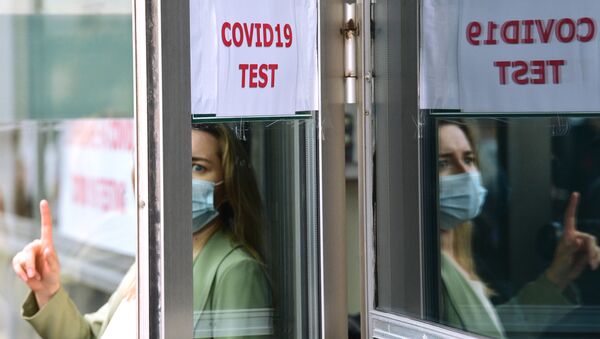The study was based on data from the US Centers for Disease Control and Prevention (CDC) Case Surveillance Task Force and Surveillance Review and Response Group (SRRG).
Researchers analyzed data from 78,323 individuals reported between April 5 and May 18 and compared “hospitalization, intensive care unit admission, need for breathing support and death rates among Hispanic white, Hispanic Black, and Hispanic multiracial/other groups,” a BMC news release explains.
Researchers then compared the results from their analysis with data from non-Hispanic white individuals. The results revealed that Black Hispanic patients had the highest rate of comorbidities at 51% and the highest hospitalization rate at 45%.
Overall, Hispanic and multiracial patients more frequently required breathing support through mechanical ventilation.
“Our results clearly show that Hispanic individuals are more likely to be hospitalized and die from COVID-19 infection than non-Hispanic individuals, with the worst outcomes among Hispanic Black individuals,” Sarah Kimball, one of the study’s authors, said in the release.
When compared with non-Hispanic white people, the study also found that the risk of death was 1.36 times higher for white Hispanic people, 1.72 higher for Black Hispanic people and 1.68 times higher for multiracial Hispanic people.
According to the researchers, the study also highlights the need for more accurate collection of race and ethnicity data on coronavirus patients.
“The dilemma is that we know these disparities among racial groups aren’t biological, and reflect the systemic impacts of racism and inequality. Yet, we need better data collection on racial and ethnic groups, in order to develop interventions tailored to address the COVID-19 disparities among specific patient populations,” Kimball added.
“The better data we have access to, the more targeted we can be in our public health and treatment approaches to dismantle the effects of racism and the disparities that we see among different groups within the Hispanic community, which can help decrease COVID-19-specific disparities in these individuals,” Kimball continued.

